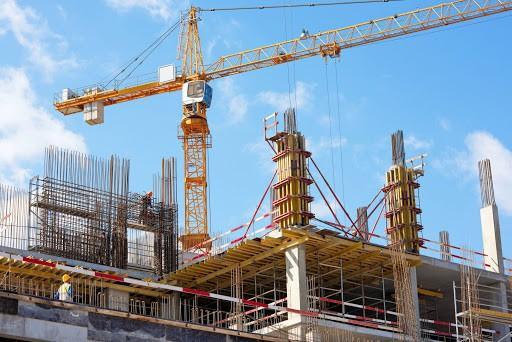In 2017, 11 of the 43 major infrastructure projects in East Africa were in Kenya and while these numbers may have shifted, the dynamics have not changed much for the region.
For the past 20 years, East Africa has experienced an unprecedented real estate boom which has transformed the skylines changing the building landscape and inventory.
While the demand continues, especially for affordable housing targeting the low-income bracket, the shopping malls and office spaces are outpacing demand leading to declining returns in the sector for some.
The East African region still has a high and unmet demand for warehouses, hotels and student hostels as more and more students continue seeking education far from home.
Read: Intra-regional trade could create 2 million new jobs for East Africa
Over the course of time, construction has primarily focused on high-end assets due to the belief that they delivered higher margins and higher returns for investors. But the tables have been turning and there are several properties which are lying idle, unoccupied and with signs that they will not be for a long time to come.
In Kenya, for instance, expensive land due to speculation has ballooned costs of construction making many properties unattractive. While this goes mostly for the upmarket residential properties, offices in the same bracket are experiencing the same.
In 2018, Britam Towers which is the tallest building in the region and second in Africa opened its doors to potential clients. The leases were meant for top corporate clients who would find the 32-storey building suitable for their use.
This target edged out small companies and start-ups who could not be able to foot the bills. While it would not make sense for small companies to set up shop in this prime property, others would rather not spend so much on office rent instead opting to use flexible workspaces which could offer the same services affordably.
Fast forward to 2020 and Britam Towers which is a Grade A category office seems to have made a gamble that may cost it in the long run. So far, Britam Towers is not fully occupied with Britam Group Managing Director Benson Wairegi saying they are not in a hurry to rent it out to anyone.
A Kenyan daily, The Standard, quoted Wairegi saying, “We take a long-term view of our investments. We know international corporates are looking for such kind of offices. We are not afraid to wait for the right clientele.”
See: EAC countries rank among world’s rising stars of global trade
With this kind of approach, the investment has become alike dead capital.
While Britam is not the only entity that is suffering from low uptake of office space in their premises, the problem is pervasive in Kenya which could be the best example since the country is the economic hub of the East African region.
And with the Covid-19 coronavirus pandemic, the real estate sector has just seen the beginning of what could become a long winding challenge.
Already, companies that do business with Chinese companies by procuring raw and other construction materials are feeling the heat due to the Covid-19 outbreak. The disease has paralysed production globally with the Kenya Private Sector Alliance (KEPSA) showing that Kenyan companies and others in the region are already experiencing a hit from the outbreak.
China has become the biggest source market for many African companies due to the low-cost production which has made it possible for these companies to procure goods affordably. The construction sector is among the hardest hit at 70 per cent as the coronavirus continues on its rampage worldwide.
KEPSA notes that industries that depend on imported raw materials, intermediate and capital goods from the affected regions will be hard hit. These include manufacturers, construction and infrastructure developers among others. In addition, public and private projects being implemented by foreign companies or that rely on expertise from affected countries may also suffer slow progress.
In the long run, the region will experience reduced FDI inflows. In 2018, the EAC Trade and Investment Report shows that the region received US$ 5.7 billion of which US$ 2.1 billion and US$ 1.0 billion went into manufacturing and construction respectively. China and India accounted for US$ 1.1 billion and US$ 281.02 million respectively.
With the reduction in FDI, the available spaces like Britam Towers and others will have to wait longer for the economy to recover before they can get worthwhile clientele.
So far, the coronavirus spread has seen a shift in investment priority areas and office space may not be one.
